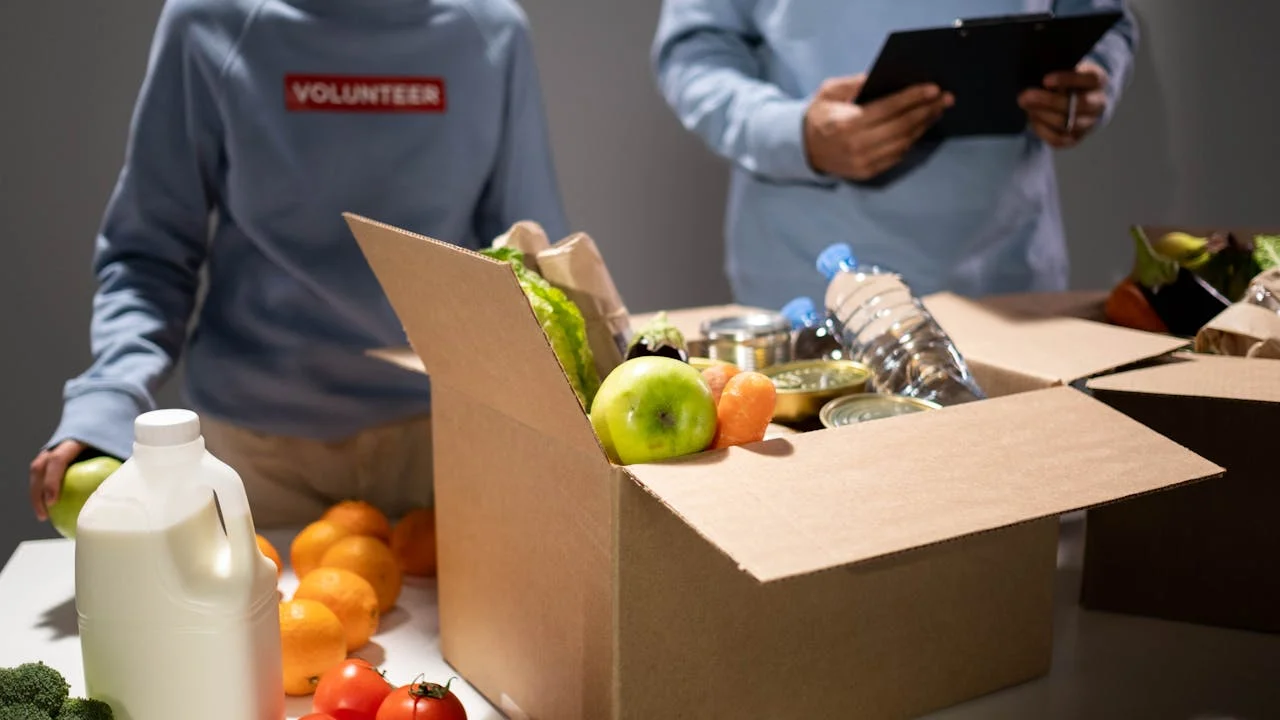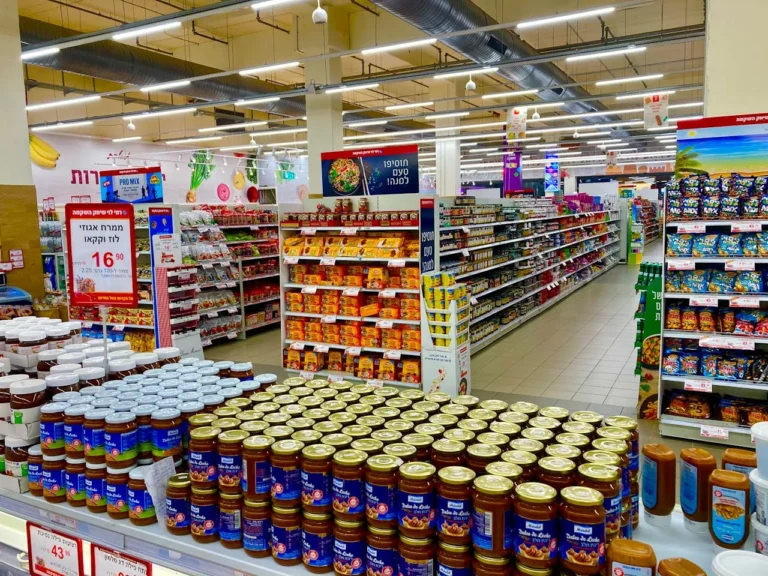
Impact accelerator TRANSFORM is a collaborative initiative between Unilever, the UK’s Foreign, Commonwealth & Development Office (FCDO), and EY. Its mission is to support innovative small and medium-sized enterprises (SMEs) and entrepreneurs who are tackling key environmental challenges, such as plastic pollution, through market-based solutions.
Aligned with Unilever’s goal to end plastic pollution via reduction, circulation, and collaboration, TRANSFORM provides funding and support to various SMEs. These include those striving to enhance the livelihoods of informal waste workers and those seeking to scale alternative business models.
Here, we share insights from four enterprises – Alner, Bopinc, Novek, and Refillable – that are developing reuse–refill business models in Africa and Asia.
Refill Solutions Take Time to Establish
Enterprises and brand owners must forge partnerships with retailers and simultaneously work to shift consumer shopping habits. Initial volume uptake can be slow, and refill models may not suit all products. Therefore, it’s crucial to prioritize items that are most appropriate for this model, can be launched and scaled quickly, and support consumers through behavior change.
Consumers Often Prefer to Bring Their Own Reusable Packaging
For home care products, consumers typically value functionality over appearance. In contrast, personal care product packaging needs to be aesthetically pleasing. Labels can be utilized to add brand and product information to these packages.
Various Factors Determine the Required Solution
Understanding the technological, consumer, and regulatory requirements of a market will dictate whether a high- or low-tech solution is appropriate. High-tech machines ensure product quality but come with higher costs, posing challenges in low-margin, low-income markets. They are also more complex to deploy and can face issues like power cuts, necessitating additional support such as battery backups, which can further increase costs.
Ensuring Product Quality is Critical
Enterprises and brand owners need to implement strategies to build trust, as refill models can be seen as susceptible to product tampering. One low-tech approach is sampling to verify product quality. A more advanced solution is providing product traceability through refill machines that report each dose back to the manufacturer.
Store Owners Have a Key Role
Shopkeepers may be hesitant to adopt new technology, especially when shelf space is limited. However, once convinced, they can significantly influence the model’s success by promoting it to their customers. Enterprises can educate store owners on the environmental and cost benefits of refill products and offer training to help them increase sales.
Leveraging Local Champions Can Accelerate Uptake
Engaging local community champions, such as store owners, community members, and NGO leaders, is an effective way to encourage consumers to use refill stores. Respected individuals can help bring others on board. Building trust with the community through educational workshops that explain the refill concept and its benefits to both them and the environment is also important.




